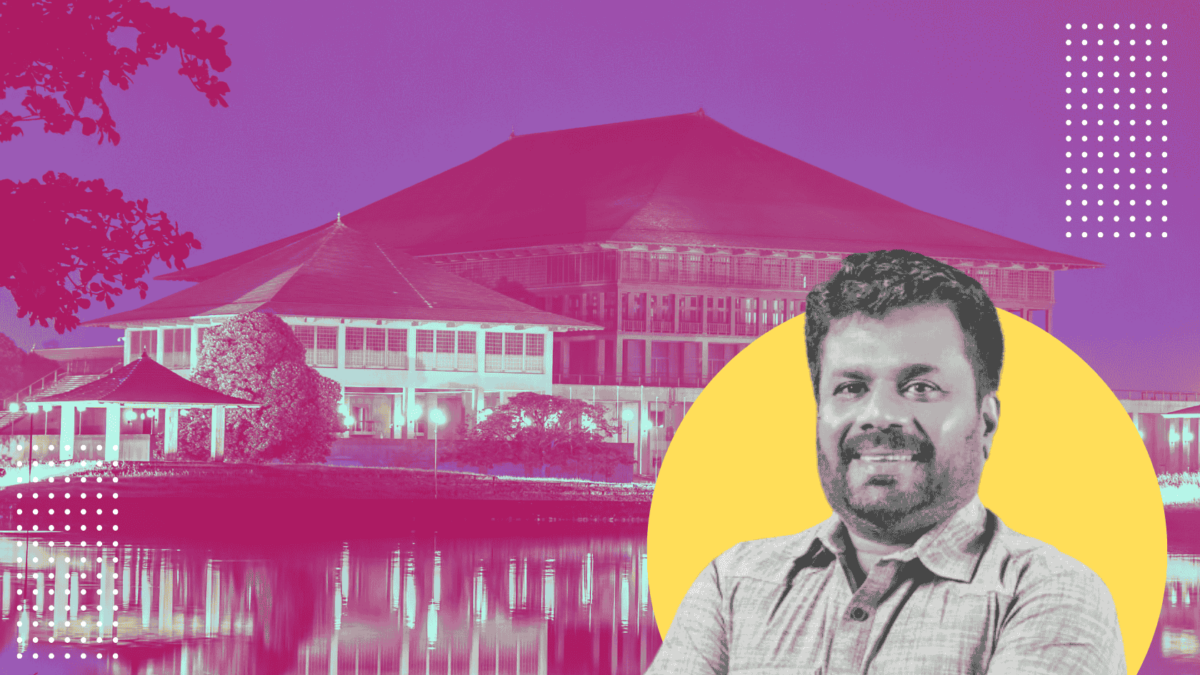Given other political events in recent days, it is no surprise that the extraordinary results of Sri Lanka’s November 14 parliamentary elections did not dominate headlines in Canada. But they should get some attention, as Sri Lanka has at other times, especially when trauma is involved.
Why Sri Lanka’s leadership matters
For many reasons, who runs the Indian Ocean island matters in the region and well beyond. It occupies a strategic location, with 40% of global trade flows passing a few kilometres off its south coast, while Colombo is South Asia’s busiest port. It has been a centre of China-India (and USA) rivalry. And it has faced decades of ethnic tension, divisive politics, and brutal conflict that put it on the international agenda.
A rejection of traditional politics
Voters in Asia’s oldest democracy decisively turned their collective back on the dynastic politicians, traditional elites, and racially-charged politics that have taken the country through decades of turmoil and tragedy. In a follow-on to the 2022 mass demonstrations that chased then President Gotabaya Rajapaksa from power, the National People’s Power (NPP) coalition won two-thirds of the seats as its vote went from 3% in 2020 to 61% in 2024.
A new political reality
This follows the remarkable victory in the September presidential election of Anura Kumara Dissanayake (known to everyone as AKD), whose party, the Janatha Vimukthi Peramuna (JVP), was once a group of Marxist-Sinhalese majoritarian revolutionaries who tried violently to overthrow the government twice, in 1971 and 1987-89. The second of these was a bloody civil war in southern Sri Lanka as the LTTE fought for independence in the north and east. (AKD’s origins may be as a Marxist, but no one seriously calls him that now.)
Breakthroughs in Tamil-majority areas
All the more striking is that the NPP came out ahead even in Tamil-dominated Jaffna, beating out the traditional Tamil parties who were seen as increasingly interested in advancing agendas that do not deliver for the grassroots, even if their nationalist rhetoric resonates with some, including in the Tamil communities overseas.
A shift from ethnonationalist politics
Many have commented on the general lack of racist messaging or undertones in this election, particularly compared to the troubling 2019 presidential election campaign that brought Gotabaya Rajapaksa to power. The optimistic view is that a broad cross-section of Sri Lankan voters have realized that ethnonationalist politics have not been in their interest, even if the rhetoric was seductive.
Challenges ahead for the new government
This is too simple, of course, and the reality of governing in the face of a sustained economic crisis will be very different from campaigning. Nonetheless, the new government certainly has an opportunity to take the country beyond the tragedy of its governance since independence, and that should be welcome.
David McKinnon served as the former Canadian High Commissioner to Sri Lanka

